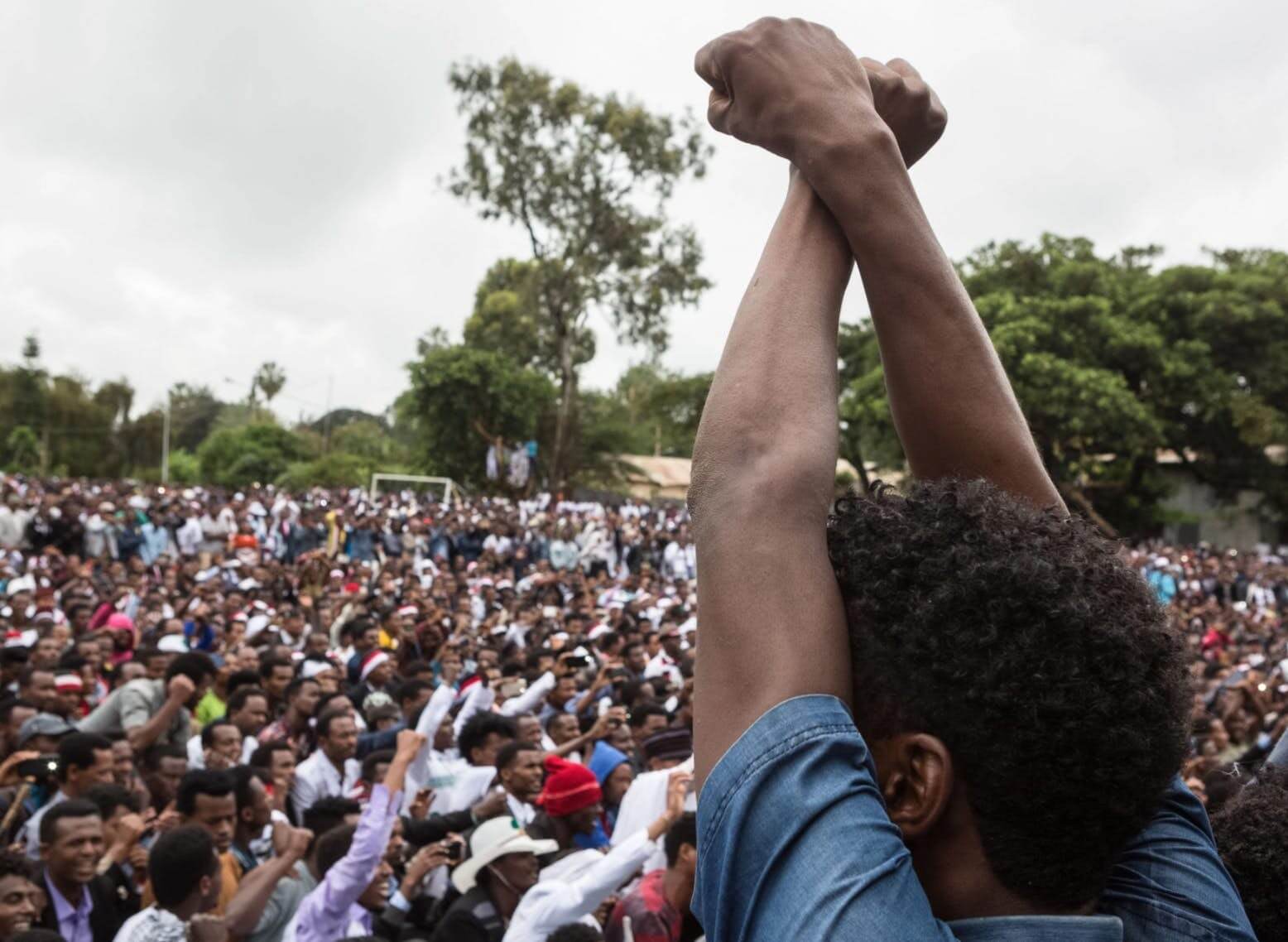(Foreign Policy) – For a brief moment last week, Ethiopia seemed poised to shed its reputation as Africa’s Stasi state. At a press conference on Jan. 3, Ethiopian Prime Minister Hailemariam Desalegn vowed to free political prisoners and shutter the notorious Maekelawi prison, which has long served as a torture chamber for government critics, opposition leaders, journalists, and activists.
Desalegn’s announcement shocked Ethiopian citizens and observers alike. Initial reports indicated that the Ethiopian regime had finally accepted that mistakes had been made and serious abuses had been committed on its watch. Indeed, the stark admission would have marked the first time ever that Ethiopia had acknowledged holding political prisoners in the country. (Human rights groups have estimated that they number in the tens of thousands.)
The outpouring of optimism did not last long. Within hours, an aide to Desalegn clarified the prime minister’s remarks, saying that “mistranslation” by the media was to blame for the confusion. And indeed Desalegn’s actual comments in Amharic were less clear-cut. He spoke of the need to cultivate national reconciliation and to expand democratic freedoms, adding that “some political leaders and individuals whose crimes have resulted in court convictions or their ongoing trial” would be pardoned or have their cases withdrawn. A week after the press conference, it remains unclear how many people will be freed or when, if at all.
Read the full article here.
